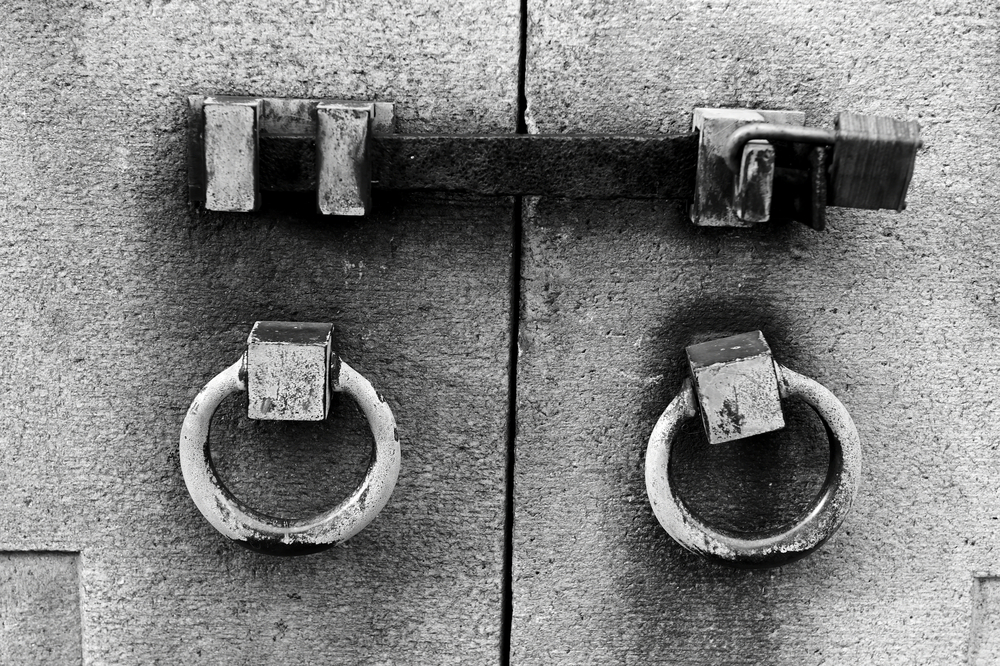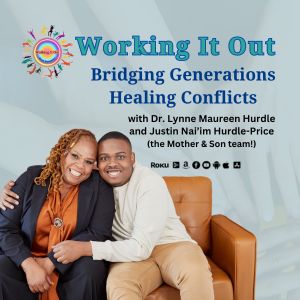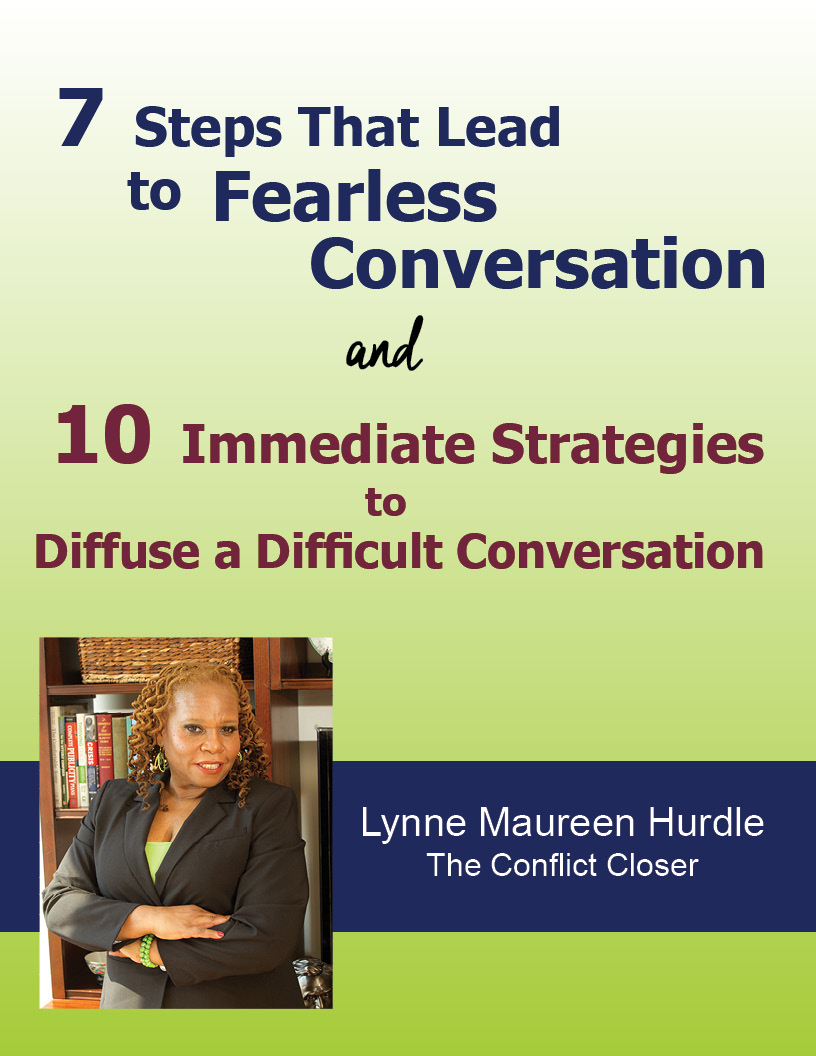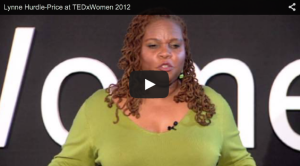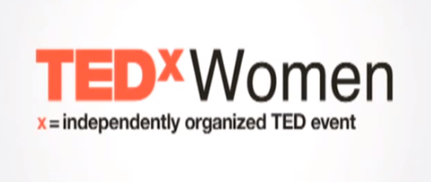Now more than ever
I am reflecting on the very raw and vulnerable essay I contributed to the new book, The Difference called How Breaking Culture Freed My Soul.
Changing culture is no easy feat. Just mention the word culture and it stirs up images, sounds, smells, emotions, and memories. In fact, Gandhi said, “A nation’s culture resides in the hearts and in the soul of its people.” If culture in its most basic definition is the shared values, norms, beliefs, customs, and ways of being of a group of people, then culture exists in numerous categories. In the U.S., it is often referred to when we talk about race, ethnicity, and religion, but also extends out to politics, work, region, sex, gender, sexual orientation, disability, school, pop, hip-hop, and well beyond.
Twenty-plus years ago, I fell in love with a culture defined as “like the air we breathe, it is both in us and all around us” (Hofstede, 1991). To me, that means it has the ability to affect every aspect of our life. If it is that influential then what happens when we “break culture?” I’ll tell you what happens, inevitably the cultural gatekeepers come out. The people who have such an allegiance to the culture and all that it stands for within their experience that they are compelled to act when they see you or any member of the culture choosing to operate “outside the norms.”
We are seeing and hearing them in the new laws and bills being pushed through to change diversity and equity culture. Parents continue to raise their voices in the old-school versus new-school parenting debates. They are your family members reminding you of what it means to be a “real”… take your pick. All of this gives rise to enormous conflict often between one’s individual perception of culture and the construct that has been lived, breathed, celebrated, accepted, and expected.
I have been primed for this discussion almost my entire life, starting with the cultural gatekeepers of my youth. When I was seven, my parents moved us out of an entirely Black neighborhood to an all-White one for the purpose of attending better schools. When I came back to the neighborhood to stay with my grandmothers or at 3:00, I was reminded by my cultural gatekeeper friends that I was not “Black enough” because I lived in the White neighborhood now.
As a girl who played softball and loved to get dirty, I was scolded by the women cultural gatekeepers that “tomboys will never get married.” When my full hips, stomach, thighs and butt began to grow significantly larger, I was scolded by the weight cultural gatekeepers that I was Fat! My response was to conform, or at least I tried. I really wanted to stay or be in the culture. I wore more dresses and makeup to attract the boys and I gave up anything remotely resembling sports. I took being “Black enough” lessons from my friends. I learned to walk cooler, speak slang and made sure I was always up on the latest dance step. As far as the weight, well, I went to exercise programs and counted calories and attended more weigh-ins than Muhammed Ali. The cultural gatekeepers were pleased.
I never thought about or dared to attempt to “break culture” until I became a mom. I wanted to parent with some of the new skills I had learned and begun to teach in the conflict resolution work that I was doing. I wanted to listen more and yell less. I wanted my sons to be seen and heard and I didn’t categorize my conversations as “grown folks bizness” that they needed to stay out of. As soon as I started to get more comfortable with the way I was parenting, the cultural gatekeepers showed up. “Oh so you’re doing that new school crap that White people do with their kids.” It took a few years and a real grounding of myself in who I am and who I want to be as a parent before I decided to confront the cultural gatekeepers with what I know to be true.
- There is diversity within every cultural group. There are a lot of ways to be who you are even within a specific cultural group. Although there are very specific things associated with being or having a Black mom (believe me I know, I was raised by one and a Black dad too), the way I parent does not determine whether or not I can be considered Black.
- While the values and history of a culture remain the same, I believe culture is flexible and adaptable to the people who live it. There are people “breaking culture” daily to prove that there are many ways to be a man, a woman and yes even an American. Hey I’ve watch my very large extended African American family go from cooking collard greens (a sacred cultural norm) with ham hocks to smoked turkey wings and on occasion completely meatless because it is better for us. A change has come!
- “Breaking culture” doesn’t mean forsaking it. I may step outside of some of the cultural norms when it comes to parenting, but in other areas I am intentionally strong. My husband and I have purposefully spent a lot of time teaching and showing our sons who they are as Black men with a rich history of accomplishments, traditions, language and pride. We love our culture and choosing to do some things differently doesn’t change that or put me outside of the culture.
For me, culture is like the air that I breathe, it is both in me and all around me and it does give me life. Now more than ever, each day as I breathe it in, I am choosing what I want to breathe out.
P.S. It’s time to come together live and in-person and meet each other to continue the work!
The On the Matter of Race LIVE Conference is all happening in Washington DC on September 15th-18th. Get all the details on how you can support us in this important event with a donation of any amount here.

